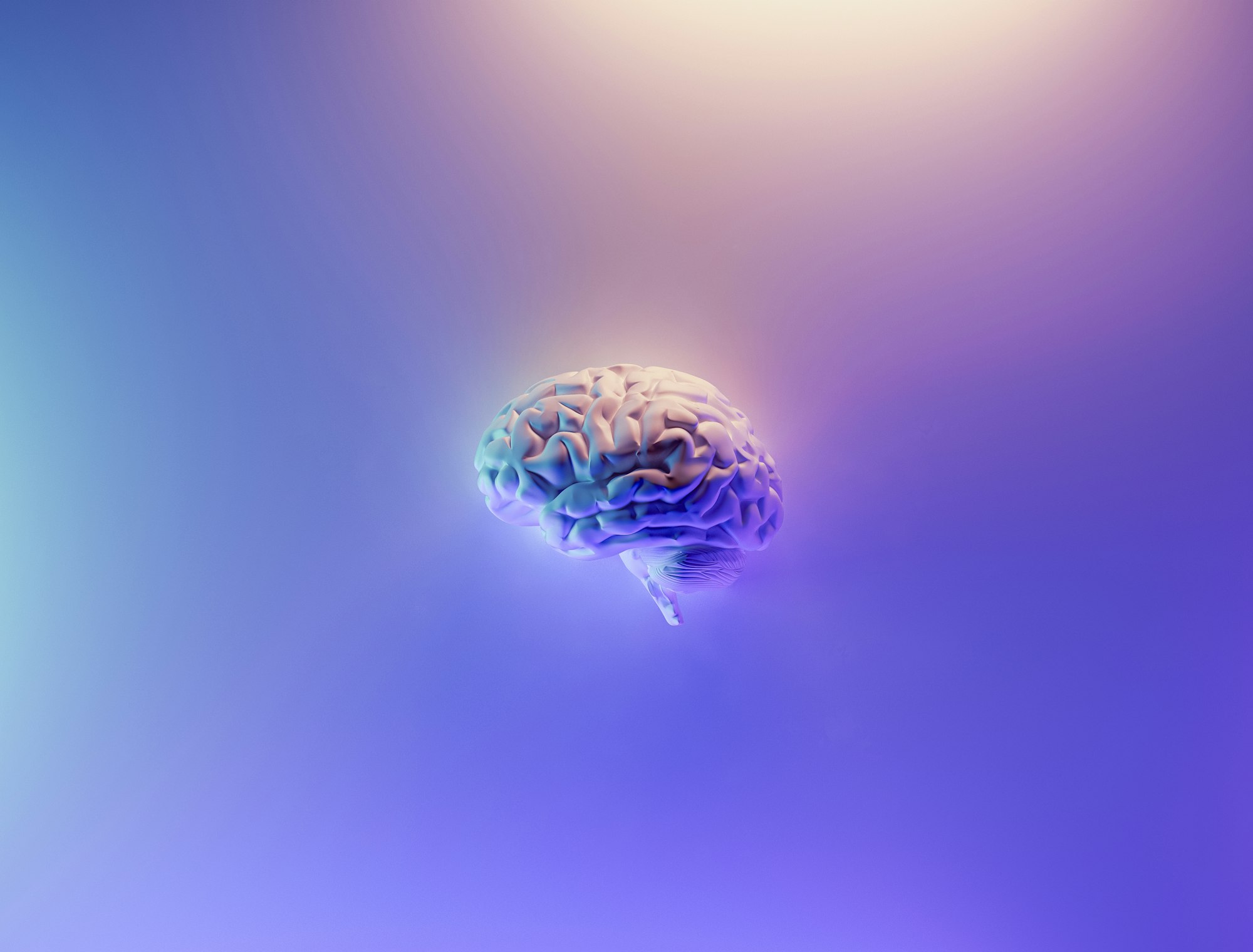Ah, the wondrous journey of womanhood! While we often hear about the hot flashes and mood swings that come with perimenopause and menopause, there’s another aspect that deserves our attention: cognitive changes. Yes, you read that right! 40-60% of midlife women experience what we call “brain fog.” Your brain might be feeling off during this time, but understanding and addressing these changes can make the transition less inconvenient and scary.
So what exactly happens? As women journey through perimenopause (the transition phase leading up to menopause) and menopause itself, hormonal fluctuations, particularly the decline in estrogen levels, can have an impact on cognitive function. This is because your brain and neurons, or “messengers,” all interact with estrogen. You might find yourself facing challenges with memory, concentration, and even decision-making. We also see women who experience common menopause symptoms such as hot flashes, night sweats, low mood and poor sleep have worse brain fog. That makes sense, right? It is difficult to concentrate when you are not feeling well. A lot of women are concerned that these symptoms could be related to early-onset dementia, but rest assured, these changes are more related to your brain adjusting to a new rhythm, and it might take some time to find its new groove.
- The Memory Maze: Have you ever walked into a room and forgotten why you’re there? Or have difficulties thinking of common words? Welcome to the club! Forgetfulness is a common companion during perimenopause and menopause. Studies suggest that estrogen plays a crucial role in memory, and its decline during this phase can lead to lapses in recall. But don’t panic, it’s usually temporary and doesn’t necessarily mean you’re on the fast track to cognitive decline.
- Focus, Focus, Focus! Concentration can also take a hit during this time. You might find it harder to focus on tasks or that your mind is wandering more than usual. You may have even self-diagnosed yourself with ADHD. Blame it on those pesky hormones once again! But don’t worry, there are strategies to help sharpen your focus, like breaking tasks into smaller chunks, keeping a to-do list, or practicing mindfulness techniques.
- Decision Dilemmas: Making decisions might suddenly feel like climbing Mount Everest. It’s not uncommon to feel indecisive or find it harder to weigh options during perimenopause and menopause. Again, estrogen gets some of the blame here. But remember, it’s just a phase, and with a little patience and perhaps a pros and cons list or two, you’ll navigate through those decision dilemmas like a pro.
Now, let’s talk about the good stuff—treatment options! While there’s no one-size-fits-all solution, there are several approaches to ease cognitive symptoms during perimenopause and menopause. Hormone replacement therapy (HRT) and cognitive-behavioral therapy (CBT) are effective in improving brain fog. Lifestyle changes such as regular exercise (150 minutes of moderate-intensity aerobic activity per week), a balanced diet, particularly the Mediterranean diet, and avoiding smoking and alcohol consumption have also shown promising results in managing cognitive changes. You can also work to improve brain health by engaging in social activities, new skills, and challenging tasks. Managing other menopause symptoms such as hot flashes, night sweats, poor sleep, and low mood will also boost cognitive function - we recommend discussing your symptoms with a menopause specialist.
Perimenopause and menopause are natural phases in a woman’s life, and cognitive changes are just part of the journey. While it might feel like your brain is playing tricks on you at times, remember that you’re not alone, and there are plenty of resources and strategies to help you navigate it with grace and ease. Your menopause specialist can tailor a treatment plan to suit your individual needs and provide guidance every step of the way.




